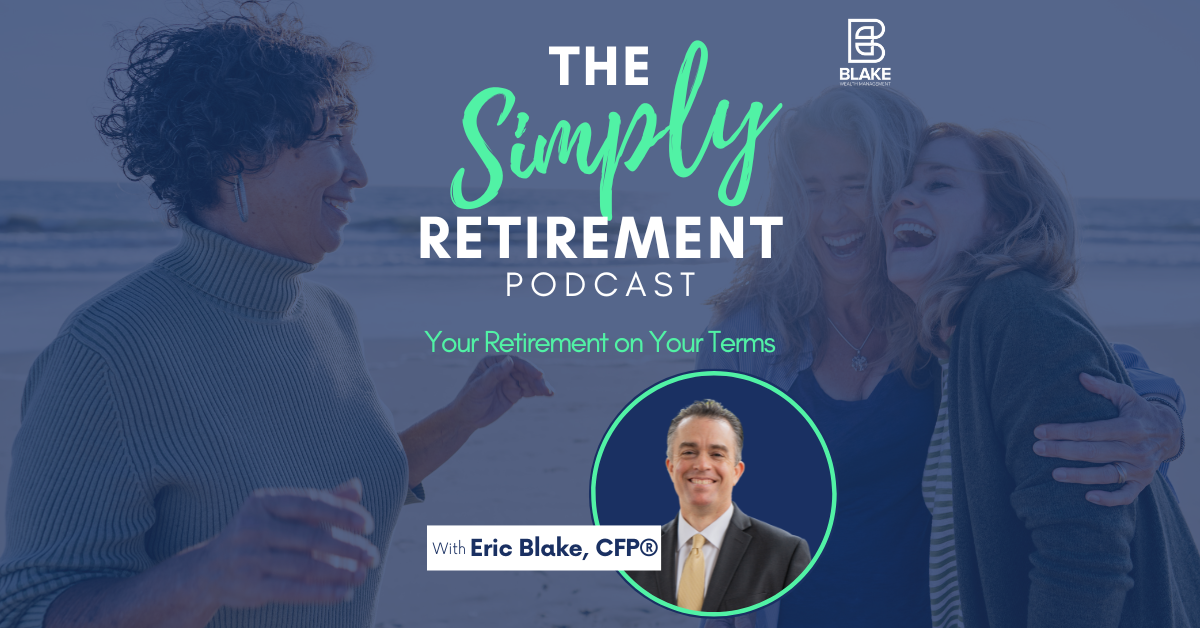
2026 Retirement Contributions Explained: How to Prioritize Accounts & Help Reduce Lifetime Taxes (Ep. 91)
Most people know they should be saving for retirement, but fewer understand how contribution rules, taxes, and prioritization actually work together.
Small decisions, like where you save first or how you respond to changing tax brackets, can shape long-term outcomes far more than people realize.
In this episode, I walk through the 2026 retirement contribution limits and explain how to prioritize different retirement accounts when you cannot fund everything at once. I break down common misconceptions around employer matches, Roth versus pre-tax contributions, and the belief that taxes are always lower in retirement. We also explain how spousal IRA rules can keep savings moving even during caregiving or time away from work.
Key points:
- How to prioritize retirement contributions when you have limited cash flow
- Why an employer match matters, but does not tell the whole story
- How tax brackets influence Roth versus traditional decisions
- Why retirement planning should focus on progress, not perfection
- How spousal IRA rules apply during caregiving or career pauses
- And more!
Resources:
Connect with Eric Blake:
- www.TheSimplyRetirementPodcast.com
- Join the Simply Retirement Newsletter
- Ask a Question or Suggest a Topic for the Podcast
- Blake Wealth Management
- YouTube
This information is for general educational purposes only and is not legal, tax, or individualized financial advice. Roth IRA contribution and withdrawal rules, eligibility, limits, and tax treatment are subject to IRS requirements and may change. Qualified withdrawals depend on meeting specific conditions, and non-qualified withdrawals may result in taxes or penalties. Consult a qualified tax or financial professional before making contribution or withdrawal decisions
Podcast: Play in new window | Download | Embed